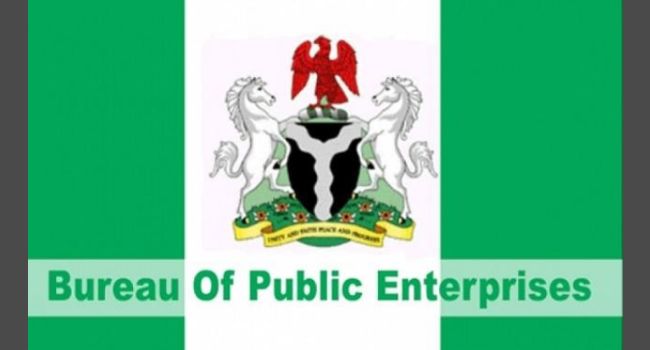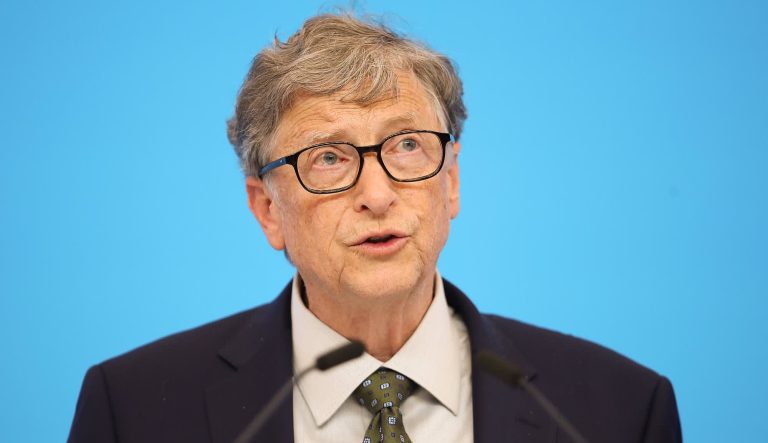
The Federal Government is laying the groundwork to generate over 50 million jobs for Nigerians by creating a more conducive environment for businesses to thrive, the Bureau of Public Enterprises (BPE) announced on Tuesday.
Speaking in Abuja while presenting the agency’s performance scorecard, BPE Director General Ayodeji Gbeleyi said the initiative is central to the government’s goal of achieving inclusive and sustainable economic growth.
Gbeleyi stated that the administration is leveraging policy reforms, privatisation, infrastructure upgrades, and investment in key sectors such as education, health, digital innovation, and agriculture to stimulate job creation.
“We are actively liberalising the economy by opening up state-owned enterprises to private investment. This not only attracts capital and innovation but also cuts inefficiencies and boosts employment,” Gbeleyi said.
He noted that the privatisation programme is designed to modernise public assets, dismantle monopolies, reduce debt reliance, and draw in foreign direct investment, with job creation as a central outcome.
Key Projects and Strategic Focus Areas
The BPE outlined several ongoing and future projects under President Bola Tinubu’s Renewed Hope Agenda, which targets eight core areas, including:
- Reforms for inclusive economic growth
- Infrastructure and transport development
- Unlocking energy and natural resources
- Investment in education, health, and social services
- Boosting agriculture for food security
- Driving industrialisation and digital innovation
- Enhancing technological security
- Promoting entrepreneurship and youth employment
Among the BPE’s key achievements is the Presidential Metering Initiative (PMI), which is deploying 2.5 million meters in its first phase to tackle electricity metering challenges. The full rollout is expected to deliver over 7 million smart meters, eliminate estimated billing, reduce energy losses, boost DISCO revenues, and create more than 20,000 jobs.
Telecoms, Ports, and Aviation Reforms Deliver Results
Gbeleyi also highlighted the transformation of Nigeria’s telecom sector, recalling how the country once had just 400,000 barely-functional lines under a government monopoly. Today, the industry boasts:
- 169.3 million subscribers
- 138.7 million internet users
- 104.1 million broadband subscribers
- A tele-density of 78.11%
- Sector GDP contribution growing steadily
In the maritime sector, 26 port terminals across Apapa, Tincan Island, and others have been concessioned, significantly reducing cargo turnaround times.
The aviation sector has also seen major gains, with companies like NAHCO and SAHCO thriving post-privatisation. NAHCO’s total assets reportedly surged from ₦3.3 billion in December 2024 to ₦41.7 billion, with its market share doubling from 21% to 40%.
Digital Hubs, POS Expansion, and Pension Reform
Gbeleyi disclosed that over 500 digital innovation hubs across Nigeria are helping drive entrepreneurship and bridge the digital divide. He also credited the rise of POS operators with creating 1.2 million indirect jobs, along with an additional 500,000 direct roles in the booming e-commerce sector, which hit a ₦15 billion valuation in 2023.
He further praised the impact of the 2004 Pension Reform Act, which was championed by the BPE. The law established a regulatory framework that now oversees 23 pension fund administrators and over 10.79 million Retirement Savings Accounts (RSAs) as of June 2025.
Gbeleyi reaffirmed the BPE’s commitment to supporting President Tinubu’s vision of a reformed, inclusive, and diversified economy, capable of delivering jobs, boosting investor confidence, and securing long-term prosperity for all Nigerians.



